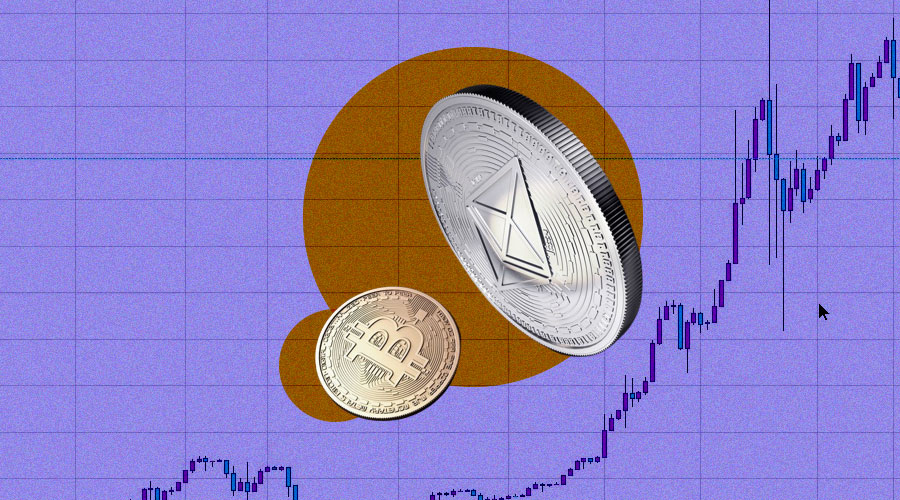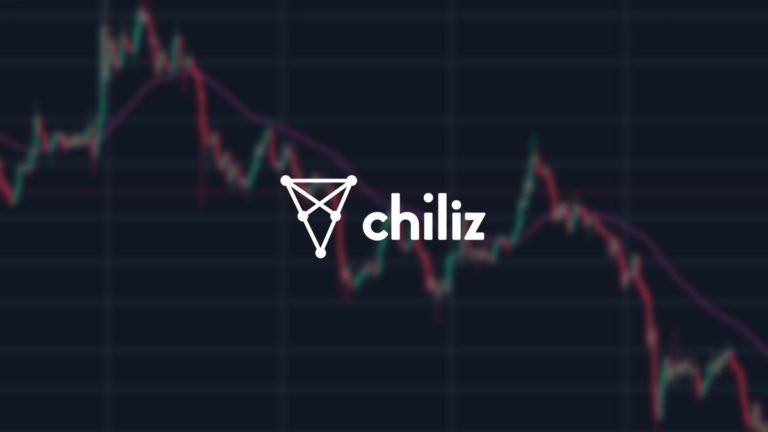US law protects institutions and exposes retail investors ? Rep. Torres
Overall, Torres's criticism of US law protects institutions while exposing retail investors is worth considering.
In a recent speech, US Representative Ritchie Torres criticized US law protects institutions while exposing retail investors. Torres argued that the current regulatory landscape favors large financial firms at the expense of individual investors.
Torres's criticism is timely. The recent GameStop short squeeze highlighted the ways in which retail investors can be manipulated by large financial institutions. The short squeeze also showed how US law is not always fair to retail investors.
How US law protects institutions
US law protects institutions in a number of ways. For example, the Dodd-Frank Wall Street Reform and Consumer Protection Act of 2010 created the Financial Stability Oversight Council (FSOC). The FSOC is a group of regulators that is responsible for identifying and responding to systemic risks to the financial system.
The FSOC has the power to designate certain financial institutions as "systemically important financial institutions" (SIFIs). SIFIs are considered to be so important to the financial system that their failure could have a devastating impact on the economy.
SIFIs are subject to stricter regulations than other financial institutions. These regulations are designed to reduce the risk of SIFIs failing.
However, Ritchie Torres argues that the FSOC's regulations give SIFIs an unfair advantage over retail investors. For example, SIFIs are allowed to engage in certain risky activities that are prohibited for retail investors.
How US law exposes retail investors
US law exposes retail investors in a number of ways. For example, the Securities and Exchange Commission (SEC) has a number of rules that are designed to protect retail investors. However, these rules are often complex and difficult to understand.
As a result, retail investors can be easily taken advantage of by sophisticated financial institutions. For example, in the GameStop short squeeze, many retail investors lost money because they did not understand the risks involved.
Torres also argues that the SEC does not do enough to enforce its rules. For example, the SEC has been criticized for its slow response to the GameStop short squeeze.
What can be done to protect retail investors?
Torres has a number of proposals for protecting retail investors. For example, he proposes that the SEC simplify its rules and make them easier for retail investors to understand. He also proposes that the SEC increase its enforcement efforts.
In addition, Torres proposes that the SEC create a new office for retail investor protection. This office would be responsible for advocating for retail investors and protecting them from fraud and abuse.
Torres's criticism of US law for protecting institutions while exposing retail investors is timely. The recent GameStop short squeeze highlighted the ways in which retail investors can be manipulated by large financial institutions.
Torres's proposals for protecting retail investors are worth considering. Simplifying the SEC's rules, increasing enforcement efforts, and creating a new office for retail investor protection would all help to protect retail investors from fraud and abuse.
Additional information
Here are some additional thoughts on US law protecting institutions and exposing retail investors:
- Torres's criticism of US law is not new. Other lawmakers and regulators have also raised concerns about the ways in which US law favors large financial firms at the expense of individual investors.
- It is important to note that US law does offer some protections for retail investors. For example, the SEC has a number of rules that are designed to prevent fraud and abuse. However, these rules are often complex and difficult to understand.
- There are a number of things that retail investors can do to protect themselves. For example, retail investors should do their research before investing in any security. They should also be wary of any investment opportunity that seems too good to be true.
Overall, Torres's criticism of US law for protecting institutions while exposing retail investors is worth considering. The current regulatory landscape does favor large financial firms at the expense of individual investors. There are a number of things that can be done to protect retail investors, such as simplifying the SEC's rules, increasing enforcement efforts, and creating a new office for retail investor protection.
What's Your Reaction?
















